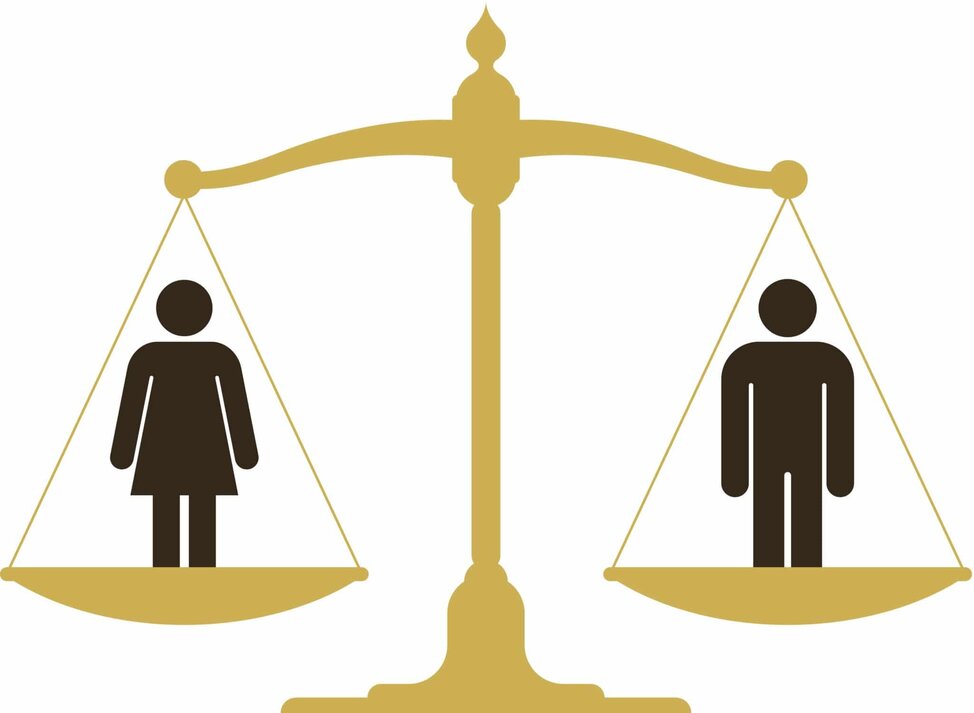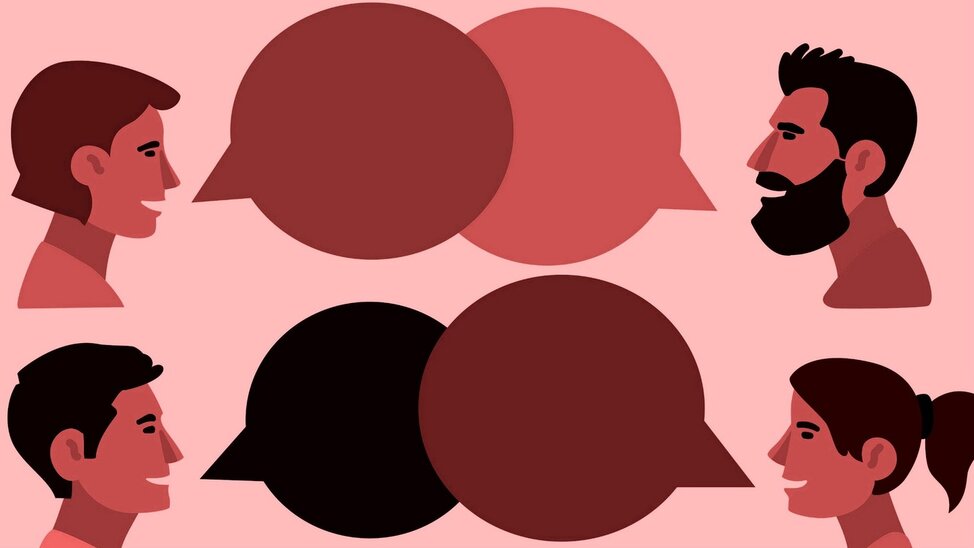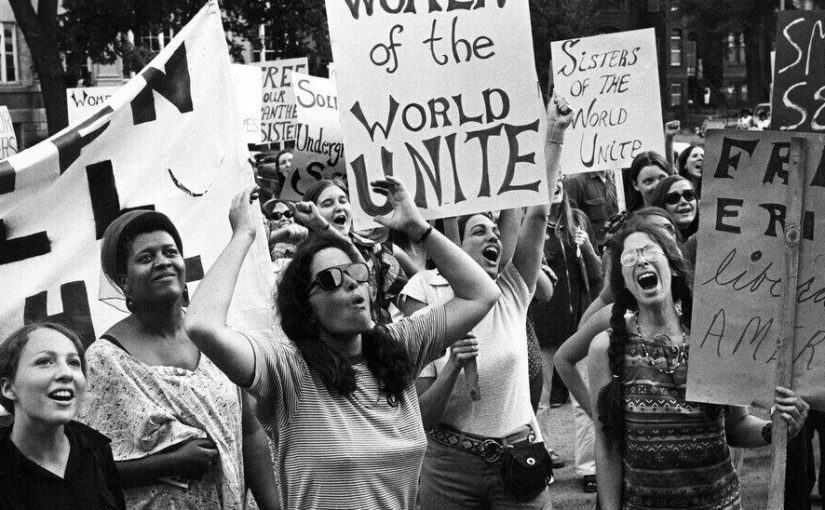Things about sexism and feminism
For a long time, women were discriminated against from a human and social point of view. Thus, feminism was born, which emerged as a revolt against the inferiority that characterized the perception of women in a patriarchal society. The first structures of feminist doctrine appeared in the wake of the French Revolution (May 5, 1789-November 9, 1799). Still, substantial legal changes that would bring rights and demands of a salary and primarily civic nature appeared much later. If you want to meet a true feminist, book an escort girl from our website!
The right to vote
Women first received the right to vote in 1912 in Uruguay, in 1918 in England, and 1920 in the United States. Simona de Beauvoir’s book, “Le seconda sexe,” published in 1949, is considered the cornerstone of contemporary feminism and includes a refined historical, sociological, and typological analysis of the low social and psychological conditions to which women have been subjected over time. The violent and, why not, heroic struggle of women to assert their value, capacity, and freedom in society has had the effect of gaining equal rights and opportunities and the assertion of women through all that can be in the world.
However, the injustice suffered by women in the past has left a great scar on one of the cheeks of the world, so that in some contemporary societies, we do not witness a balance, nor sexism (in this case female, as before the last century), but an exaltation of the fair sex, as specialists remark. Thus, to alleviate the trauma of injustice suffered by women, we have societies that have deliberately formed governments primarily of women.
Our Escort Service respects the women and encourages them to fulfill their desires!
For example, the Swedish Government (54/100 of its members are women), followed by France, which ranks second in the European Union, with 47/100 representatives in government. Greece ranks last in this respect, with only 8/100 women in government. Any correlation between the economic situation and the dominant sex of its government representatives is illusory because politics is done with the head and not with sex.
Key positions for women
Another example that outlines the idea of exalting women may be the statement of Jeremy Corbyn, who, in 2015, a new leader of the Labor Party, said that if Labor won the election, the British would have a government for the first time in history. Consisting of 16 women and 15 men, a government in which women would occupy key positions. In this case, the primary selection criteria would not have been individual performance. Still sex, the leader of Labor wants to outline the differences in mentality regarding the place of women in society (reaching the exaltation of women’s sex) rather than highlighting human values. Real, carefully selected based on competence.
According to statistics based on the number of recent patents, men still dominate from the point of view of scientific discoveries. There are areas such as health, care, and beauty in which women are leaders and regions where they are almost absent, such as discoveries in physics. There are opinions that the low number of women who have scientific discoveries would have been caused by ignorance and underestimating the still existing woman.
We would be tempted to believe these opinions, and some situations support them. Still, we could also bring into question the inclinations and interests specific to each sex because, from a social point of view, it is natural for women and men to enjoy equal rights and opportunities, the same treatment, the same ability to assert themselves and the same recognition of capabilities.
An equal sign between woman and man

So, socially speaking, we can put the equal sign between woman and man, in terms of rights and obligations to the environment in which they live. But human beings, every being is unique in the world, it is not suitable to measure or compare the human being. You cannot put next to it the equal sign, bigger or smaller, because we are all different, whether we refer to the same sex or representatives of the opposite sex. It’s almost silly how we try to measure the immeasurable, like man or love, and how, what should be measured, the material, we often miss.
Calling yourself a feminist, as a man, is already a little sexist
Feminism should not be the concern of women alone. It is, in fact, a question of deconstructing our representations, of normalizing behaviors of which we would like to be proud. To display one’s feminism as a standard would thus be to maintain a form of sexism despite oneself. But, for our blogger, Michael Quinn, claiming to be a feminist, this is not very rewarding for a man.
In this text, I will address myself to men, cisgender men, my friends, those who can move about in the public space without the fear of being sexually harassed, and those who earn 20% more for equal positions in the company. We are in 2022, and I am not coming to speak to you by telling you that we have to be feminist because if you still have not understood it, I cannot do anything for you, but by explaining to you how we perpetuate sexism when you think you are a feminist.
Male fragility
While listening to the American sociologist Robin DiAngelo, author of the book White Fragility: why is it so difficult for white people to talk about race in 2022, he addresses all the rhetoric that white people have used to clear themselves of any racism. He thinks of fighting it and how “White Fragility” is a weapon, whether white people are aware of it or not, to prevent people of color from talking about their experiences. How white fragility is, in short, a technique of silence. Listening to one of his interventions on white fragility, I, a black man, recognized myself. In the mechanisms that underlie white fragility, I saw the same ones that underlie my male fragility, my “Male fragility”!
What we want is to be on the side of the “good men.”
Most of the time, we call ourselves a feminist, or rather non sexist, by negation: we have not raped, we have not sexually assaulted women, we have not harassed them, so how could we be sexist? ! However, for these statements to be accurate, we need to know what rape, sexual assault, or harassment is; it is still necessary to have looked at the subject a minimum, which is not always the case. This is rarely even the case. Regardless, saying that you are non sexist because you haven’t done any of this shows that you haven’t looked into the subject!
Here concerning “those who do,” those who commit these horrors as if we were doing nothing, do not perpetuate anything. We, cisgender men, continue to oppose what is considered “bad men.” If it is not in opposition to “those who do,” we register in opposition to “those who do not.” Those who, unlike us, don’t fight sexism, those who don’t do everything we do, who don’t read everything we read.
Me first
I call myself a feminist because I read many books on it, do papers on masculinities, and listen to feminist podcasts: standards are on the floor! And that was enough for me. I had the best of intentions, but that’s not the point. We must analyze our actions in their nature and in terms of what they generate. Long time, I read about the feminists and masculinities who made papers and spoke about it in my Instagram stories. It was undoubtedly me who started a deconstruction. Still, it was also me who benefited from an image of a progressive man, feminist man.
While at the same time, these papers and these stories served, without me realizing it, to convince me that I was one of the “good men” and therefore not to question the power relations that there could be at home between my sister and me. Consequently, we can say that the role of these articles and these stories was to perpetuate the power relations in my life between the women around me and me while allowing me to think about the good, the true.
Australian comedian and comedian Hannah Gadsby spoke very aptly about it in her talk to “Hollywood Reporter’s Women In Entertainment 2018 ″:
She talks about this line that we draw between us and the “bad men”, this line that has only one goal: to convince us that we are on the right side of the line. Problem: we draw this line!
Give up power
Let’s stop going through customs and start new relationships with the women around us and in all spaces, at home and in the workplace. And change the dynamics of power. Even are not asking women repeatedly what is and is not sexist – by the way, if we listened to them, we would know. It is not about having a list to tick the boxes of “how not to be sexist” but to enter into an actual, interior, active, and humble deconstruction of what we have internalized. And what we so quickly come to terms with. Only through a deep analysis of the power relations between the women around us and the resulting relinquishment of power will we be true feminists.
Relinquishing power also means, quite simply, taking care of household chores somewhat, without being told, without pointing out, and without waiting for special rewards. Giving up power would have been doing the dishes during the holidays without waiting for someone to ask us. This would have been thinking about gifts; it would have been remembering to send the best wishes to that uncle everyone forgets all the time; it would have been to share the mental load that women carry. In short, to renounce, and without concession, our privileges.
Talk to each other and educate yourself

We must also talk, talk to each other, us men. I sincerely believe that there isn’t one thing stronger, one thing further from the expectations of masculinity than men who speak openly. Talking to each other and allowing yourself the right to be vulnerable is no longer gender performance. Talking to each other is also about masculinities, what that engenders, what we engender, what we perpetuate. How masculinity can also destroy us, how masculinity in the working classes also means leaving the school system earlier, as Édouard Louis was able to show in Who Killed My Father. Or how the masculinity of men racialized makes them perceived as savage and dangerous by the police, for example.
Talking to each other, catching each other when we do or say sexist things, advising each other, share the respective analyzes of the power dynamics of our lives, it is no longer to be in opposition rhetoric. It is no longer to be on the side of “good men” against “bad men” but to realize that we are part of the dominant and to try to break – on our scale, as we can – oppression in which we are prevailing.
Talking to each other is also about educating each other
Talking to each other is also about educating each other because that’s up to us. It is not for the women in our lives who are subjected to our sexism to have to educate us, for example, to explain to us, for example, how systematically cutting them off is sexist. Talking to each other, educating each other, getting back to each other is to use this masculine fraternity. The one that makes us call each other is associated with the colleague who is just as, if not more, competent – and to do something with it, something new.
Talk to each other, hoping that all this talk will lead to concrete, rapid and radical actions. Talk to each other, but don’t forget to listen to women, all women, those with disabilities, racialized women, poor women, trans women, lesbians. All this while wishing the death of the Patriarchate! Do not forget that it is the women who do all the work, that everything I have told you, it is the women who inspired me. One could even say, and without exaggeration, that this paper is only the fruit of the work of women whom I have heard/listened to.
